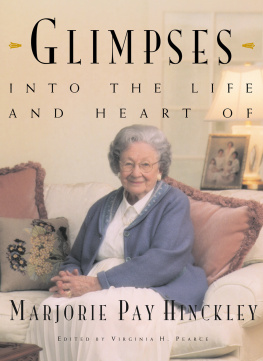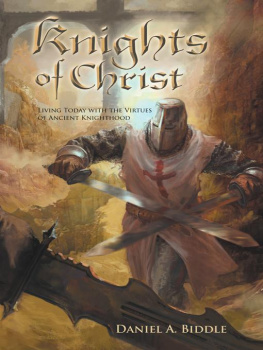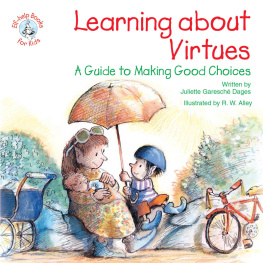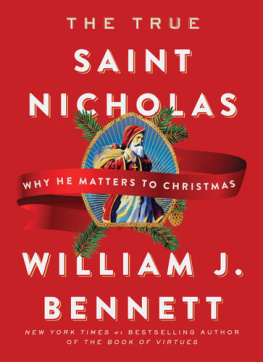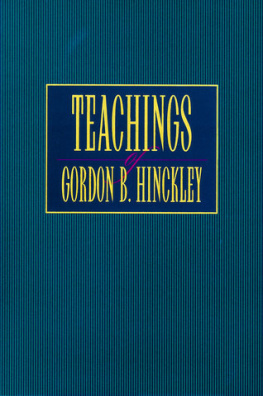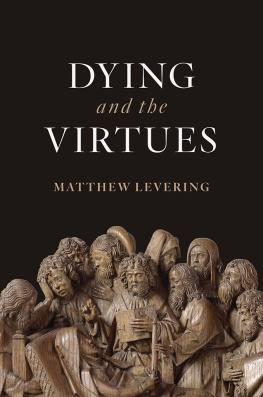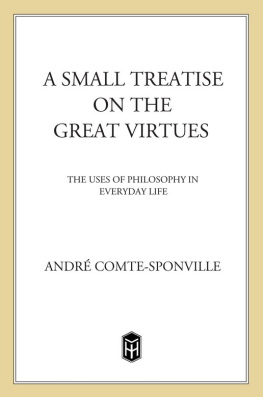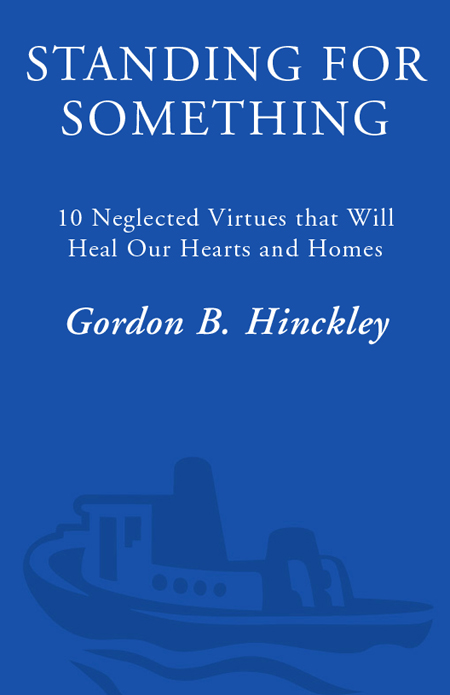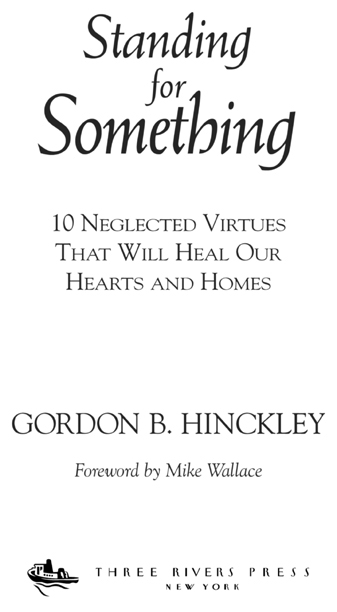F our years ago, I was taken aback by an unexpected invitation to a luncheon at the Harvard Club in New York City. From prior experience, I figured the food would be mediocre at best, but since I'd been asked to break bread with the hitherto mysterious octogenarian president of the Mormon Church, and because the invitation was tendered on the president's behalf by a Jewish-owned public relations firm, it was too tantalizing to pass up.
I'd been trying for decades to get some top Mormon leader, any top Mormon leader, to talk to 60 MINUTES about himself and his church, and I'd regularly been turned down. Mormon friends of mine had volunteered to put in a good word; they'd let the Salt Lake City hierarchy understand that an investigation was not what I had in mind, but rather an exploration of what kind of individual led the Mormons, how did he get his job, what about Mormons and polygamy, what about Mormons and black folks, and did the leaders of the Mormon Church really believe that tale about Joseph Smith finding himself anointed at the age of fourteen on a farm in upstate New York? Merely the kind of nosy questions we regularly put to all manner of highly placed figures on 60 MINUTES. We hardly expected Yes for an answer, any more than we expected Yes for an answer to our similar invitations to the pope of the Roman Catholic Church.
So I was totally unprepared for a cordial, even a sunny greeting from Gordon B. Hinckley at the luncheon. And I was still hesitant when, following his postprandial remarks, he threw the floor open for questions from any and all of us. Timorously, I wondered aloud to him whether he might entertain the notion of an interview-cum-profile for 60 MINUTES. President Hinckley's bespectacled eyes literally twinkled as he good-naturedly allowed that it sounded like an appealing notion; after all, he really had nothing to hide, and he imagined he'd have little difficulty handling whatever queries I loosed at him. He'd heard and answered worse, he was sure, during his young missionary years in London, where he'd taken on whatever the skeptics and nonbelievers had thrown at him in his Hyde Park appearances and/or confrontations.
So all the necessary details and arrangements were quickly made. He put at our disposal just about anyone we wanted to talk with from the Salt Lake infrastructure, he put up no objections to our talking to his critics inside and outside the church, he gave us all the camera time we needed, and when we asked for a second sit-down some weeks after the first, so that we could put some questions we'd missed in the first goaround, he was perfectly agreeable. It turned out he was as good as his promised word back at the Harvard Club.
As a result, we came away with a fascinating profile of a genuinely remarkable man. Which confounded more than a few Mormon friends of mine who let me know, later, how chary they'd been when they first learned what I'd been up to. Their original take: Hinckley's going to talk to Wallace? Is he dotty? Doesn't he understand what can happen when 60 MINUTES sets out to do one of its hatchet jobs?
Well, what happened was that my 60 MINUTES colleagues and I learned, from the time we spent with Gordon Hinckley and his wife, from his staff, and from other Mormons who talked to us, that this warm and thoughtful and decent and optimistic leader of the Mormon Church fully deserves the almost universal admiration that he gets. I know that may sound more than a trifle corny coming from a dyed-in-thewool, jaded, New York-based reportorial cynic. But it was difficult not to arrive at that conclusion after talking not only with him, but about him with hardheaded folks such as Orrin Hatch and Bill Marriott and Steve Young and Dave Checketts. The last-named individual runs Madison Square Garden in New York and was one of the Mormons who had worried about what could result if President Hinckley laid himself open to our abrasions. Checketts was so surprised when he saw our piece on the air that he told me (I mention this only in the interest of full disclosure) to call him any time I had trouble getting tickets to a fight or a basketball game at the Garden.
Further in the interest of full disclosure, as an 81-year-old myself, perhaps I can be excused for recalling the exchange I had with President Hinckley near the end of that 60 MINUTES profile.
Wallace: There are those who say: This is a gerontocracy this is a church run by old men.
Hinckley: Isn't it wonderful to have a man of maturity at the head? A man who isn't blown about by every wind of doctrine?
Wallace: Absolutely, as long as he's not dotty.
Hinckley: Thank you for the compliment.
He is far from dotty. As you read on, you'll find an agile, thoughtful, and engaging mind bent on persuading us to ruminate, along with him, on old-fashioned values: by name, Virtue and Integrity.
M IKE WALLACE
The Secularization of America
If we are to continue to have the freedoms that came of the
inspiration of the Almighty to our Founding Fathers, we must
return to the God who is their true Author.
I am a churchman. I readily acknowledge, therefore, that my perspective is a reflection of my upbringing, my training, the virtues and principles in which I believe, and my personal observations as I near age ninety.
The twentieth century was just a decade old when I was born to loving, God-fearing parents. In 1910, a male born in the United States could expect to live to age fifty, and I am happy to say that I have bettered that expectation considerably.
In fact, I still feel young, with a love for life and its challenges and pleasures. My life has been rich because it has been filled with problems to solve and associations to savor. I have wrestled with dilemmas large and small. I have known something of discouragement and, on a few occasions, have felt the exhilaration of achievement. I feel a great sense of gratitude for the marvelous and generous blessings of the Almighty.
As a result of good health, long life, and various opportunities and obligations arising from responsibilities in The Church of Jesus Christ of Latter-day Saints, which I have the privilege of representing, I have tromped and traveled around this world for the better part of ninety years. I have visited more than 150 countries, many of them dozens of times. I have walked on China's Great Wall, toured Vietnam during its season of intense conflict and seen firsthand the spoils and ravages of war, listened to bullets zing by my hotel window during a coup in Seoul, mourned with the survivors of a deadly shipwreck in the South Pacific, searched for earthquake victims in Peru, and viewed hurricane devastation in Honduras and Nicaragua.


